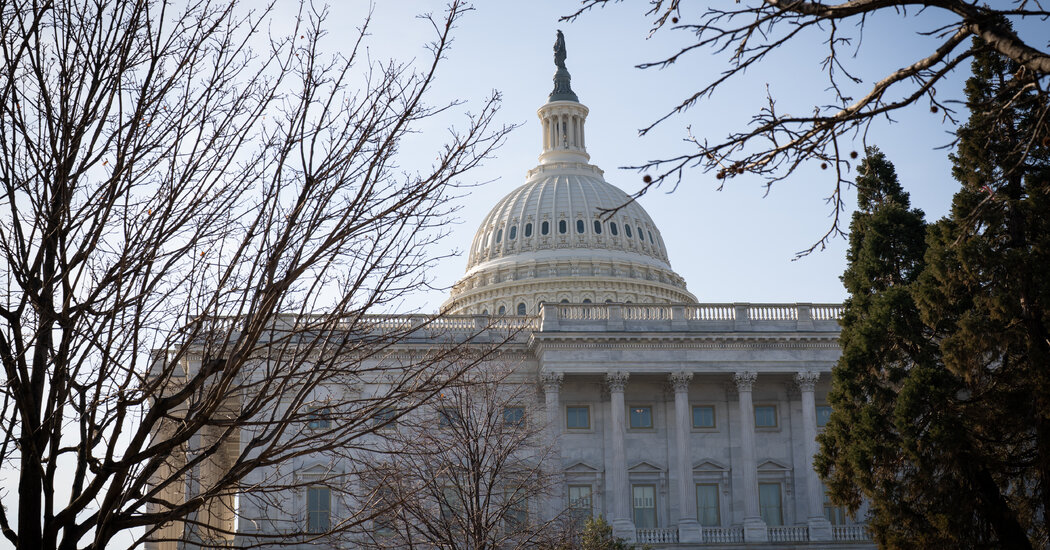Credit score: RDNE Inventory mission from Pexels
That satisfying feeling after doomscrolling by limitless TikTok movies or impulsively procuring on-line mimics the aid of scratching an itch. That is dopamine at work—a mind chemical (neurotransmitter) chargeable for emotions of reward and accomplishment. Whether or not indulging in viral movies or participating in new hobbies, dopamine creates a way of accomplishment that retains us coming again for extra.
Nonetheless, reliance on these dopamine hits can result in lasting mind modifications, significantly in youngsters and younger adults. That is what my group and I at London Southbank College examine. We investigated which mind areas and connections change attributable to elevated social media engagement—or “dopa-mining,” as we name it.
Utilizing social media lights up the identical components of your mind as different addictions, corresponding to medicine, alcohol and playing. Scientists have discovered that each time you get a notification, a “like,” and even watch a video you get pleasure from, your mind’s reward system (the nucleus accumbens) will get activated. This is similar system that makes folks really feel pleasure once they win cash or eat their favourite snack.
However this is the catch: the extra you utilize social media, the more durable it may be on your mind to withstand it. It is like coaching your mind to crave these dopamine hits—similar to an dependancy.
Ever marvel why social media feels so addictive? It is as a result of your mind begins pruning (or trimming) neurons, a bit like reducing away additional branches on a tree, to make the “reward pathway” quicker.
This sounds environment friendly, but it surely’s not nice. The shorter pathway means your mind can “feel” rewards quicker, however we all know from analysis that it may well additionally make you extra impulsive and fewer capable of cease your self from scrolling. Over time, this pruning can shrink the scale of sure mind areas, just like the amygdala and nucleus accumbens, that are key for controlling feelings and making choices.
Can social media mess together with your psychological well being?
Have you ever observed feeling extra anxious or down after spending hours on Instagram or Snapchat? You are not alone. Research present that individuals who spend a number of time on social media usually tend to really feel careworn, anxious and even depressed. Why? As a result of apps corresponding to Instagram are designed to make you search validation from others. When you do not get the likes or feedback you are hoping for, it may well have an effect on your vanity.
On the flip facet, those that use social media much less typically report feeling extra assured and fewer fearful about what others assume.
What number of occasions have you ever promised your self “just five more minutes,” whereas scrolling in mattress, solely to comprehend an hour has handed?
Social media is designed to maintain you hooked, very similar to playing or ingesting. Each notification, like and remark triggers dopamine, making it more durable to cease. Scientists name this “delay discounting,” which is if you select the instant reward (scrolling) over one thing necessary, like learning, sleeping and even hanging out with mates in actual life.
Understanding the impact of social media on the mind is just the start. The subsequent step in analysis is to dig even deeper into how social media disrupts the mind’s “default mode network” (DMN)—a system that is energetic if you’re not centered on a particular job, corresponding to if you’re daydreaming or reflecting.
Utilizing EEG (a technique that tracks mind exercise), my group and I are inspecting whether or not heavy social media use interferes with this community. Why does this matter? The DMN performs an enormous position in how we course of our sense of self, make choices and even regulate our feelings. Whether it is disrupted, it might clarify why some social media customers battle with consideration, emotional management and sustaining wholesome psychological habits.
Supplied by
The Dialog
This text is republished from The Dialog beneath a Artistic Commons license. Learn the unique article.![]()
Quotation:
Social media rewires younger minds—this is how (2025, January 21)
retrieved 21 January 2025
from https://medicalxpress.com/information/2025-01-social-media-rewires-young-minds.html
This doc is topic to copyright. Aside from any truthful dealing for the aim of personal examine or analysis, no
half could also be reproduced with out the written permission. The content material is supplied for info functions solely.




